Related publications
-
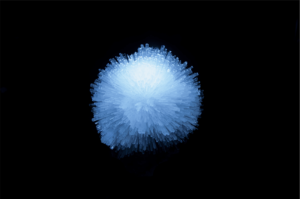
The accelerated weight histogram method for alchemical free energy calculations
-

Heterogeneous parallelization and acceleration of molecular dynamics simulations in GROMACS
-
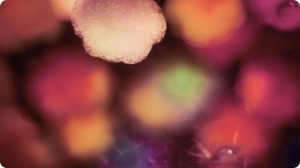
Skin lamellar bodies are not discrete vesicles but part of a tubuloreticular network
-
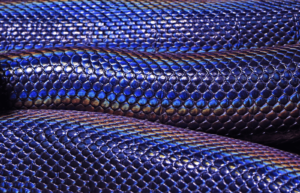
The human skin barrier is organized as stacked bilayers of fully-extended ceramides with cholesterol molecules associated with the ceramide sphingoid moiety
-
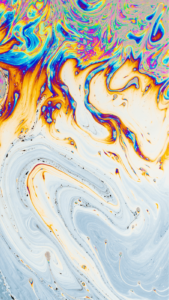
Nanostructure of the epidermal extracellular space as observed by cryo-electron microscopy of vitreous sections of human skin
-
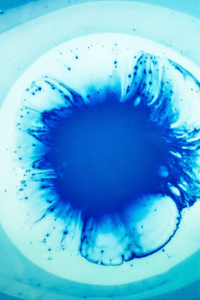
Cryo-electron microscopy of vitreous sections of native biological cells and tissues
-

Stratum corneum keratin structure, function, and formation: the cubic rod-packing and membrane templating model
-
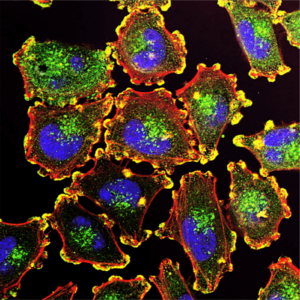
A cryo-transmission electron microscopy study of skin barrier formation
-
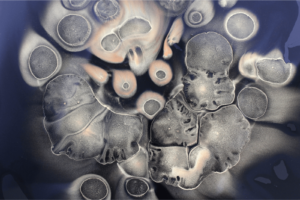
Skin barrier structure and function: the single gel-phase model
-
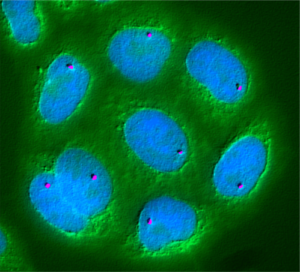
Skin barrier formation: the membrane folding model
-

A new computer-based evaporimeter system for rapid measurements of water diffusion through stratum corneum in-vitro
-

Inter and intra individual differences in human stratum corneum lipid content related to physical parameters of skin barrier function